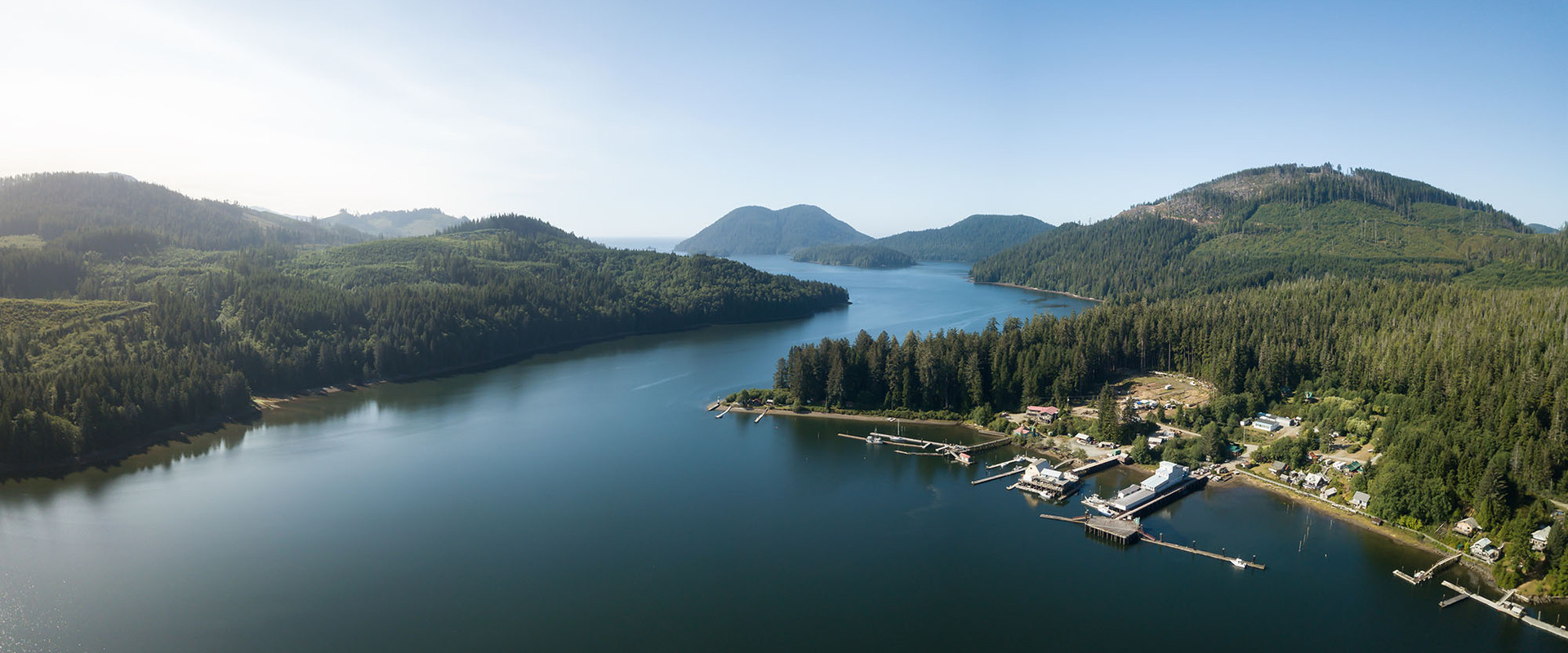
Smart microgrid controller for renewable energy integration
BMT's smart microgrid controller enables remote communities to reliably integrate renewable energy, reducing diesel reliance, costs, and emissions.
Remote communities are increasingly seeking to reduce reliance on diesel generators by adopting renewable energy sources such as solar, wind and battery storage. However, integrating these Distributed Energy Resources (DERs) into isolated microgrids presents major challenges.
Ensuring stability, reliability and safe operation while minimising greenhouse gas emissions is essential.
The requirement was for a flexible, scalable, and easily customisable microgrid management solution that could optimise renewable integration, provide consistent supply, protect against electrical faults, and reduce operating costs.
Through the Innovative Solutions Canada – Testing Stream (ISC-TS) programme, we partnered with a research institution to design and implement a smart microgrid controller at a dedicated testing facility in Vancouver.
The solution provided a common control platform for a hybrid microgrid incorporating a diesel generator, solar PV, battery storage, and provision for a future wind emulator. The system comprised a switchboard, control panel, and advanced energy management functions.
Key capabilities included autonomous operation, state of charge monitoring, peak shaving, fault detection, and comprehensive data logging. We also delivered technical support, oversight during commissioning, and consultation to ensure compliance with testing procedures.
Testing demonstrated that our smart microgrid controller could successfully act as a supervisory control system, seamlessly integrating different renewable resources and existing control infrastructure.
For customers in remote communities, the solution offers reliable, stable, and efficient power supply while significantly reducing reliance on fossil fuels. This translates into lower greenhouse gas emissions, improved environmental outcomes, and reduced operating costs over the system’s lifetime.
Additionally, the solution provides system integrators with a robust, proven testbed for tuning and validating technologies before deployment in remote locations, further reducing risks and costs. Ultimately, the project showed how smart microgrid control can enable cleaner, safer, and more sustainable energy systems for isolated communities.

A remote Nova Scotia community successfully integrated tidal power into its microgrid, reducing diesel dependence and proving a scalable model for clean, resilient energy in off-grid environments.

BMT's Engineering Solutions enhance safety, performance, and operational life for MV Africa Mercy.

The Home Office, Department for Transport (DfT) and Borders could not reliably assess the risk of insider threats posed by the volume of UK airside workers

AMT has had a strong relationship with Australian Border Force in support of various vessel acquisition programs. ABF's Maritime Border Command address civil maritime security threats within and beyond Australia's Exclusive Economic Zone.